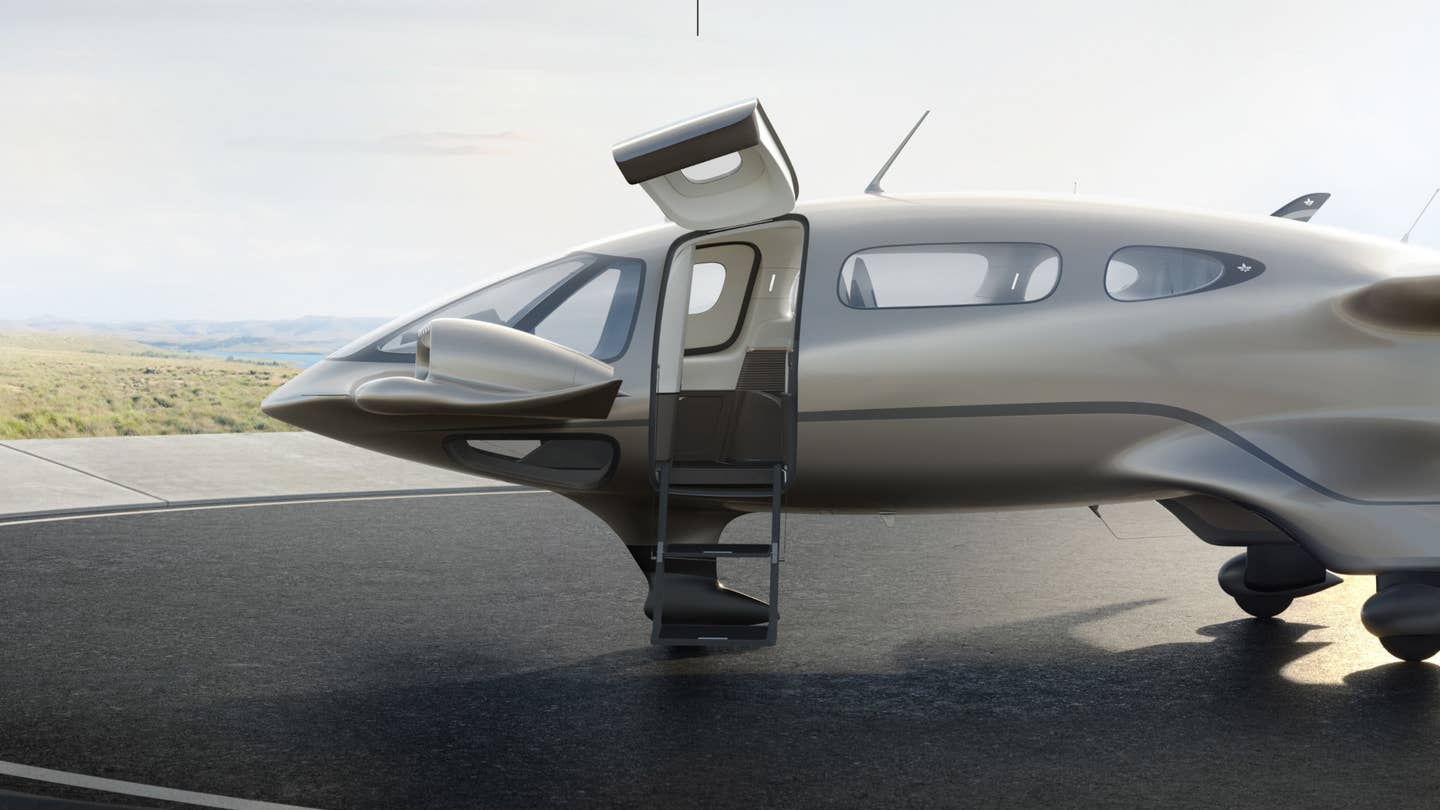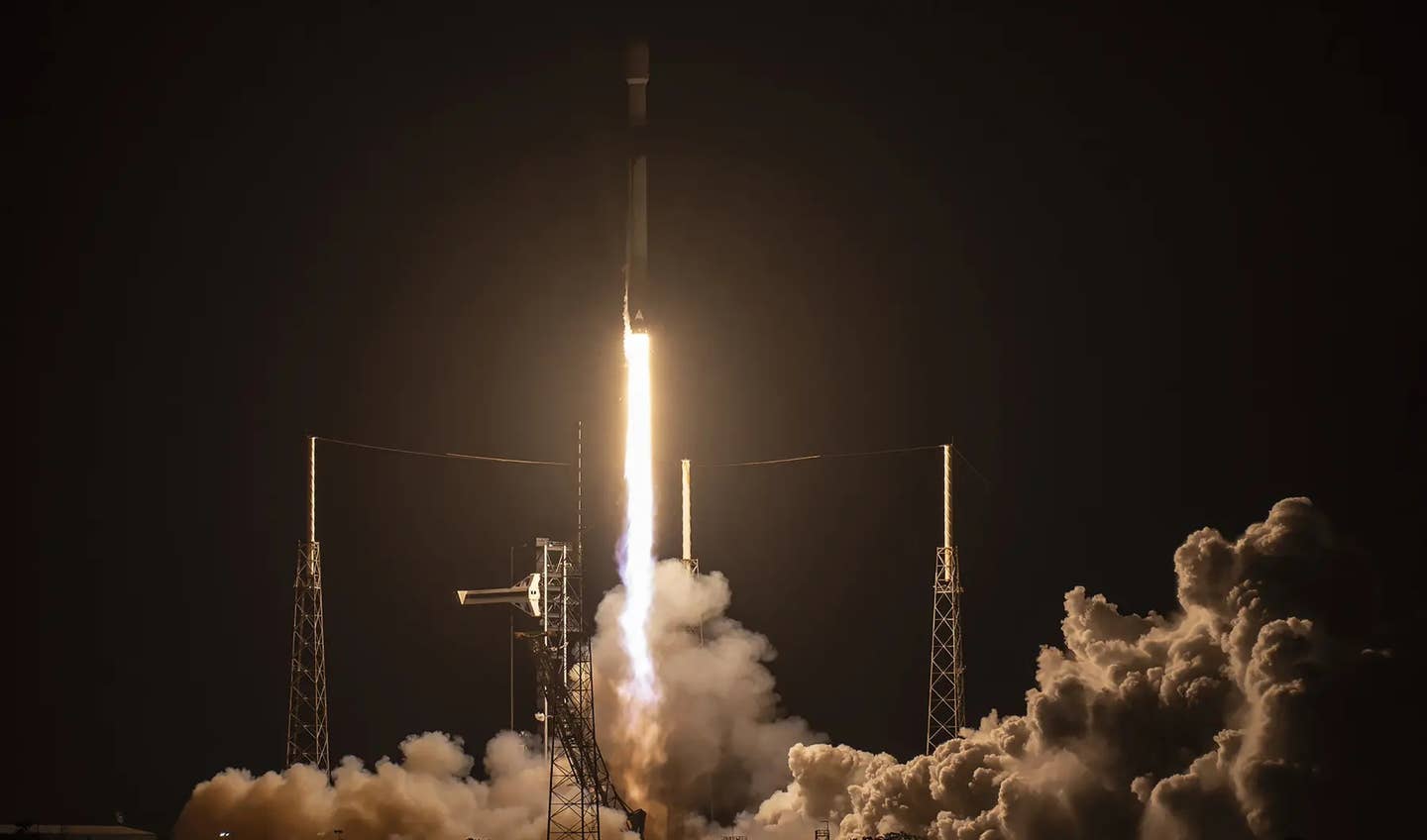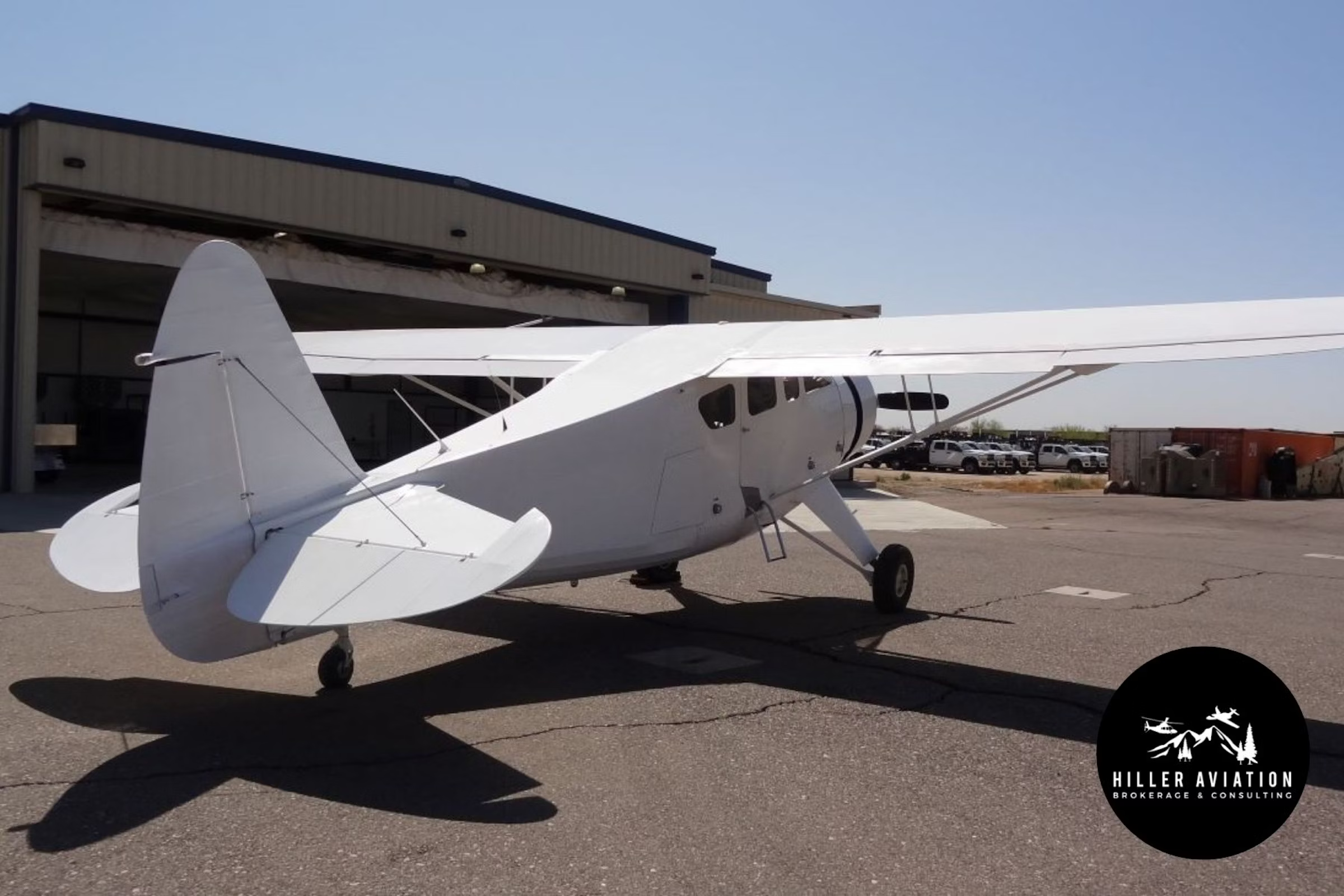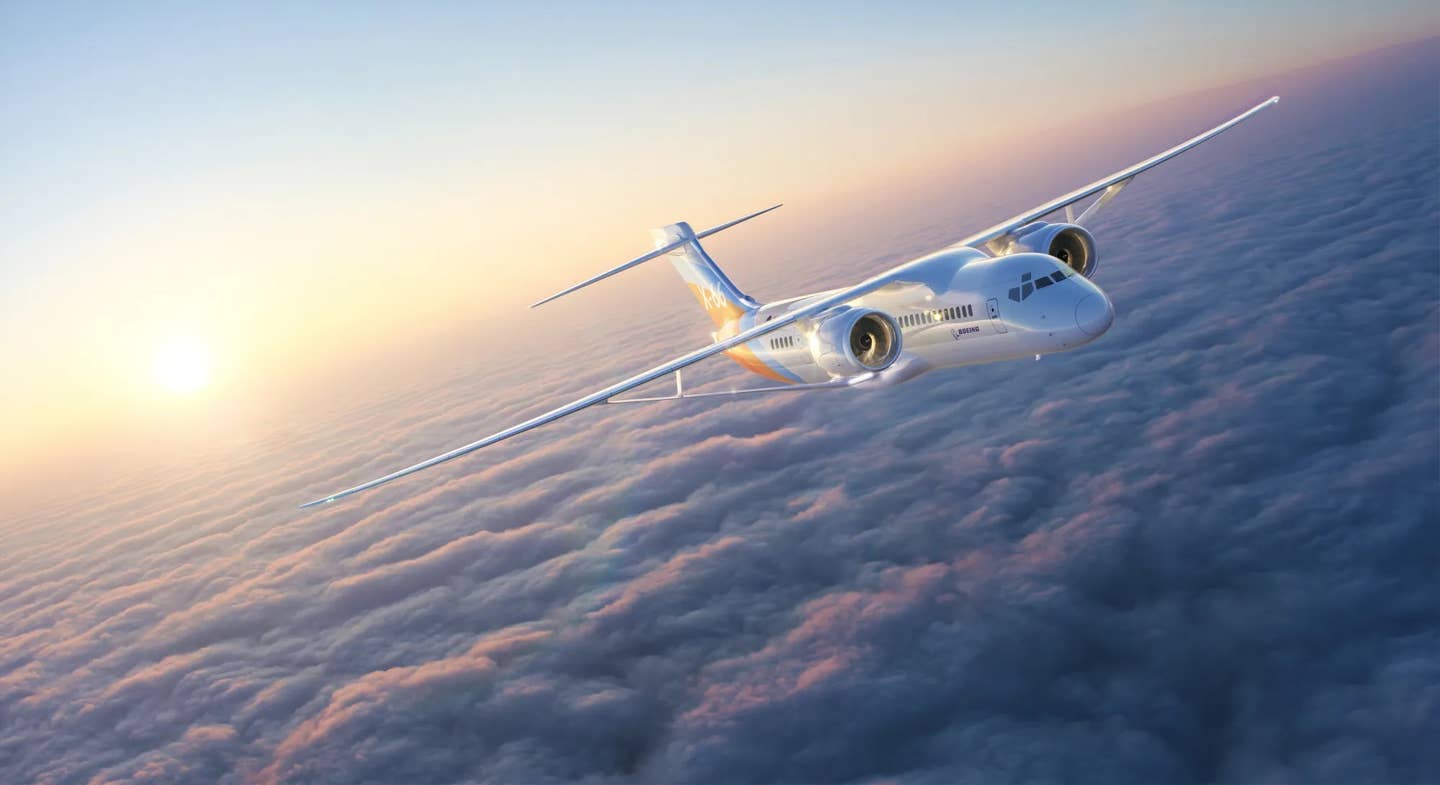Lilium Plans to Electrify More Than 100 Atlantic FBOs
The electric jet manufacturer says Atlantic operates sites at more than 30 airport locations within its planned U.S. launch markets, which include Florida and Texas.

Lilium will electrify more than 100 Atlantic FBOs to accommodate its flagship, seven-seat Lilium Jet. [Courtesy: Lilium]
Atlantic Aviation, which boasts the second-largest FBO network in North America, is working with electric vertical takeoff and landing (eVTOL) manufacturers Archer Aviation, Joby Aviation, and Beta Technologies to install charging systems for electric aircraft. Add a fourth manufacturer to that list.
The FBO network and aviation services provider on Wednesday signed a memorandum of understanding (MOU) with Germany’s Lilium to electrify its network of more than 100 FBOs. The partners will transform existing U.S. airport infrastructure to accommodate the manufacturer’s flagship Lilium Jet, a seven-seat eVTOL design for regional air mobility (RAM) services.
Lilium intends to launch RAM operations worldwide, including in the U.S., as early as 2026.
“Atlantic’s extensive presence across major U.S. cities and expertise in ground infrastructure development and premier customer service will be invaluable in establishing a robust network that supports the Lilium Jet throughout the U.S.,” said Sebastien Borel, chief commercial officer of Lilium.
According to Lilium, Atlantic operates sites at more than 30 airport locations within its planned U.S. launch markets, which include Florida, Texas, Southern California, and the Northeast corridor. The German firm is the sole eVTOL manufacturer with certification bases from both the European Union Aviation Safety Agency (EASA) and FAA, allowing it to fly on either side of the Atlantic.
The company’s flagship, seven-seat Jet is designed to fly routes between towns and inner cities, cruising at 162 knots on trips spanning 25 to 125 sm (22 to 109 nm). It began production of the first models in late 2023.
Together with Atlantic Aviation, the manufacturer hopes to plan a network of hubs that will support Lilium Jet operators. The partners will ensure current and future vertiports are compatible with the aircraft and give operators access to “strategic points” within Atlantic’s network.
Lilium and Atlantic will focus on infrastructure deployment and operations at existing and upcoming Atlantic sites, honing in on the passenger experience. Strategic planning will be molded around considerations such as aircraft flight paths, charging capabilities, passenger facilities, and operations forecasting.
“This collaboration underscores our firm conviction in the transformative potential of eVTOL technology in reshaping regional travel, and we are dedicated to furnishing the technology-agnostic infrastructure and assistance required to bring this vision to fruition,” said John Redcay, chief commercial and sustainability officer at Atlantic.
Atlantic in January also partnered with eVTOL air taxi manufacturers Archer Aviation, Joby Aviation, and Beta Technologies, with separate deals to electrify Atlantic terminals for Archer’s Midnight, Joby’s S4, Beta’s Alia, and other electric aircraft models.
Joby said its agreement will initially focus on FBOs in New York and Los Angeles. Archer too is eyeing those markets in addition to San Francisco and Miami, while Beta is targeting the East and Gulf Coasts. All three manufacturers have hinted that more sites are on the horizon.
Joby, however, diverges from Lilium and the rest of the pack when it comes to charging.
While Lilium, Archer, Beta, and a host of other eVTOL manufacturers back the General Aviation Manufacturers Association’s (GAMA) endorsement of the combined charging system (CCS)—a set of design standards also proposed for the electric ground vehicle industry—Joby has proposed its own standard, the global electric aviation charging system (GEACS).
Both standards would accommodate any model of electric aircraft. Among the key differences between the two are that CCS is intended for both electric air and ground vehicles. Atlantic, Clay Lacy Aviation, and other FBO networks have said they intend to install both CCS and GEACS chargers, while others such as Signature Aviation have so far only committed to one.
Lilium last month partnered with electric charging infrastructure provider Star Charge, from which it placed a “first order” for 120 CCS-compatible chargers. The manufacturer expects these systems will substantially lower charging time, reducing turnaround time and maximizing hours in the sky.
Before charging the Lilium Jet, the systems will support the launch of Lilium’s Pioneer Edition model: the planned launch version of its flagship aircraft, with a $10 million price tag.
A total of 50 Pioneer Edition models will be sold to business and general aviation operators worldwide, intended for private, premium, and shuttle operations. Lilium says its go-to-market strategy of selling to the premium segment first will diversify its revenue stream.
The approach is predicated on vertiports and charging infrastructure being ready for the Lilium Jet’s intended launch in 2026—which is where partners such as Atlantic come in.
Like this story? We think you'll also like the Future of FLYING newsletter sent every Thursday afternoon. Sign up now.

Sign-up for newsletters & special offers!
Get the latest FLYING stories & special offers delivered directly to your inbox






